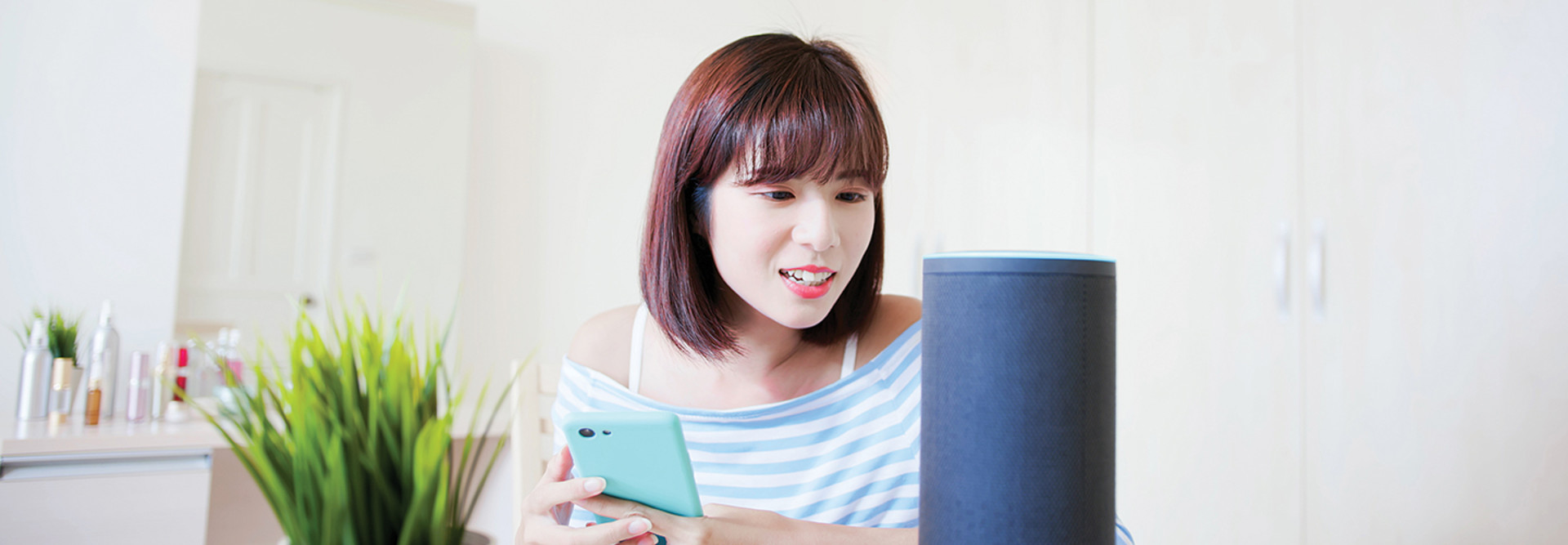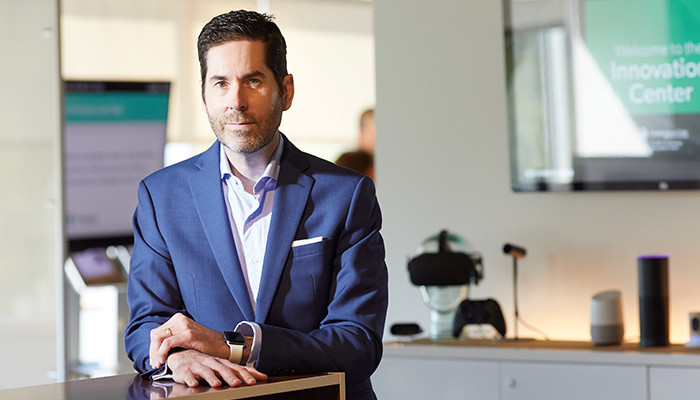In October 2020, Delaware-based ChristianaCare announced one of the first HIPPA-eligible Alexa skills to help meet the needs of home health patients. Designed for ChristianaCare HomeHealth, the Home Care Coach is a customized, proactive care plan delivered through an Alexa skill that lets patients ask questions about prescribed medicines, exercises and care plans.
The initiative is one of the latest by the award-winning team of designers and developers in the Health & Technology Innovation Center at ChristianaCare. CIO Randy Gaboriault spoke with HealthTech about the Alexa skill and what it could mean for the future of healthcare.
HEALTHTECH: How did the idea for this skill come about?
GABORIAULT: We are always willing to do deep innovation and strive for change. The Alexa skill emerged from a problem encountered by clinical leaders in our home health business. When patients were discharged, a nurse would show up a day or two later to help with exercises. Yet when patients were left to do it on their own, they often forgot or had questions. The goal was to have a deployment where patients could ask for help anytime about the exercises or care plan.
HEALTHTECH: How did the team develop it?
GABORIAULT: It was developed internally in our Innovation Center. We have various skill sets to do that work, including design, software, hardware engineering, business analysis, UX experts and graphic design people. The care plan is ordered, customized for the patient, designed by the clinical team and uploaded into Alexa, and then it stays behind in the home as an extension of the caregivers.
Randy Gaboriault, CIO of ChristianaCare
HEALTHTECH: What type of training is provided for clinicians or patients?
GABORIAULT: We were awarded a $750,000 grant from the Federal Communications Commission to bring remote care technology into marginalized communities. We also used the dollars to experiment with figuring out the best way to interact. Many people already know how to use it, but households with elderly and frail individuals may not have the skill sets. We customize it to meet their exact needs, partnering with something like a version of the Geek Squad to help those who may need it.
HEALTHTECH: How do you measure the skill’s performance?
GABORIAULT: We have several methods. Alexa can ask a question to see if patients are satisfied with the experience, and our clinicians also interact with the patients to get feedback. We also have an institute for healthcare research to help us design studies, validate the data and determine how to take the next step in the right direction.
RELATED: See how smart assistants add value to healthcare settings.
HEALTHTECH: What role will voice-activated technologies play in the future of healthcare?
GABORIAULT: Fast forward a few years, and it will be customized for the patient’s needs. We are building this approach because the economic model of healthcare is going through change in America. It’s what we call population health/value-based medicine/accountable care. Voice-activated technologies will become another gateway to increase the level of interaction. For example, a person may screen glucose data to a monitoring device, then feed it back to Alexa. It may find the person had a blood spike, then ask if he or she needs recipe guidance. It can really increase care connectivity between the system and the patient.












